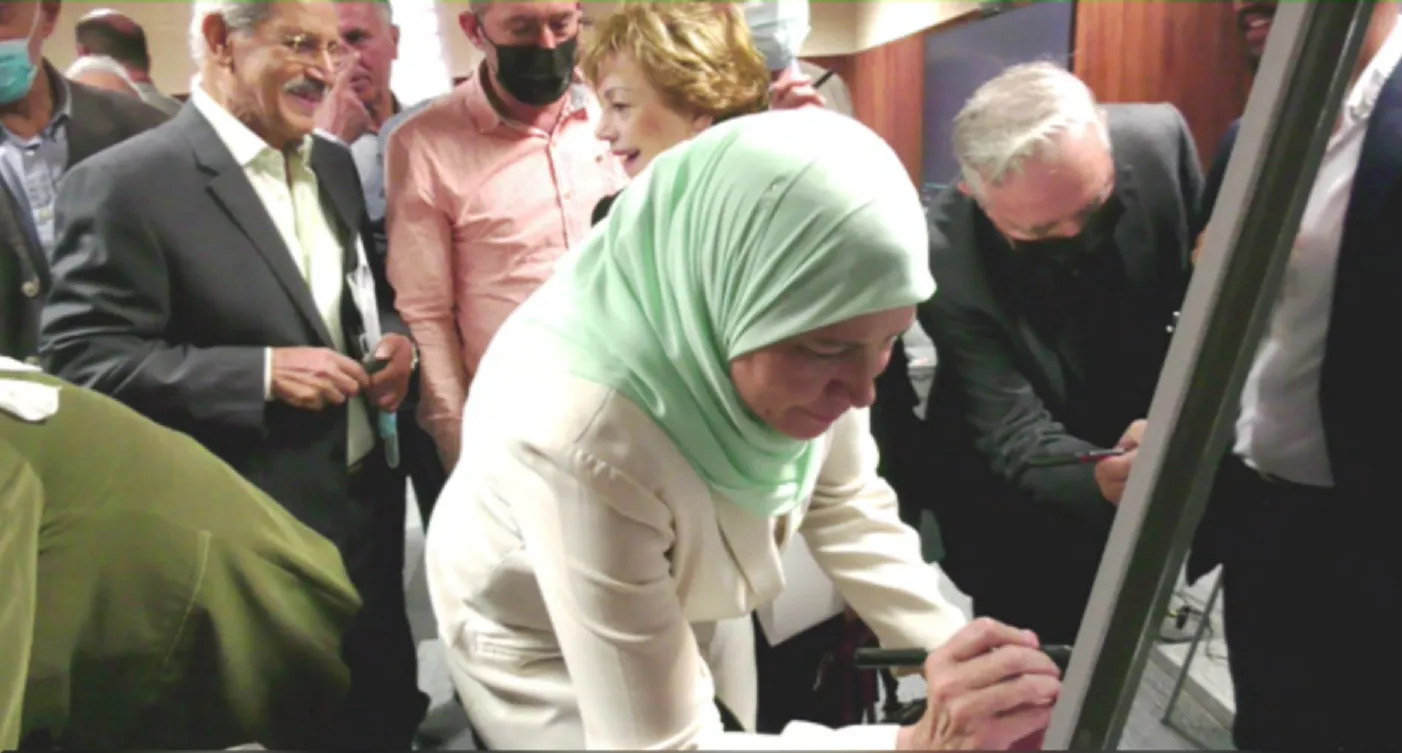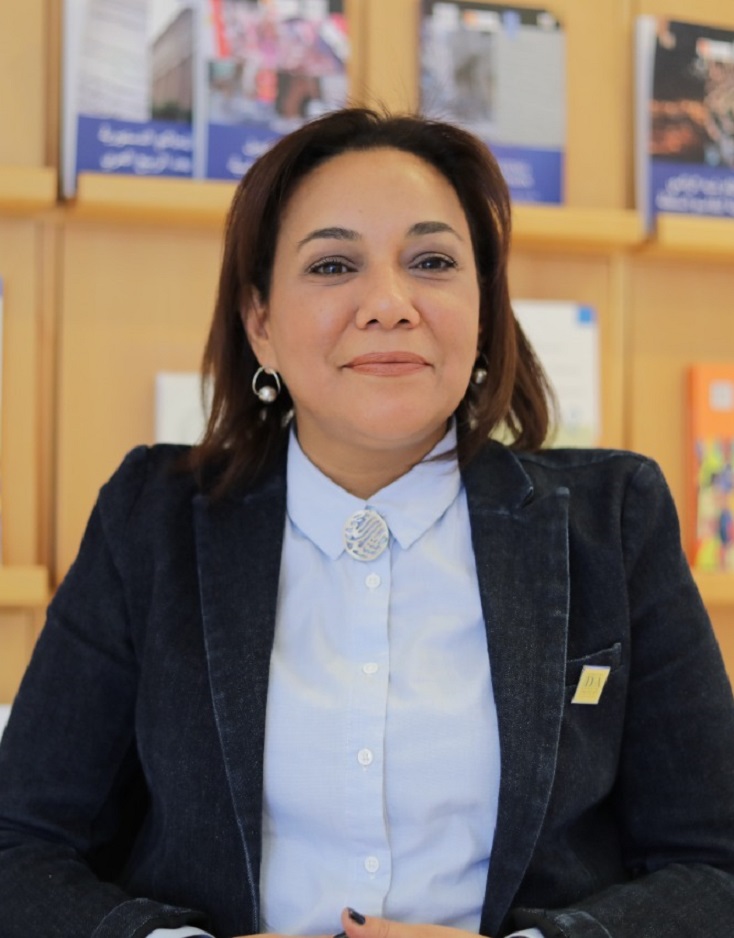Diversified approaches to prevent violence against women during elections in the Arab region

International IDEA works to reduce the gap between women's rights as affirmed in the legal texts in the different Arab countries and the low rates of women in decision-making positions.
Indeed, the extension of the right to vote to women has increased the participation of Arab women in elections: 46 per cent of registered and 42 per cent of voters are women. On the other hand, the number of women candidates did not exceed 29 per cent of the total number of candidates. In Arab parliaments, despite the remarkable improvement in women's representation from 6 per cent in 2004 to 18.2 per cent in 2022, it remains below the world average of 26.0 per cent[1].
International IDEA adopted in the Arab region, a diversified strategy by supporting the different electoral stakeholders and connecting its regional and national partners. Codes of conduct dedicated to the prevention of violence against women have been developed in Tunisia and Palestine with the support of International IDEA.
Mrs Suhair Abdeen, Director of Electoral Procedures and Training Department at Central Election Commission (CEC) in Palestine and the chairman of the Arab Gender Network considers that: “This code is an important additional source of support for legal and moral obligations regarding the fair and safe participation of women in the electoral process.... it plays an influential and transformative role in addressing any prejudice to women's rights in their involvement in the electoral process and in the political space.”

During the local election campaign, several women candidates' faces were covered with symbols.
In this regard too, the CEC in Palestine stressed that although the electoral law is devoid of any text obliging lists to publish photos of women candidates in their propaganda campaigns, or in their publications on social networks, the committee considers such practices as contrary to the voluntary commitment agreed upon in the codes of honor. The recently promulgated codes of conduct, signed by all partners in the electoral process, including official institutions, civil society, political parties and the media.
Mr Hisham Kuhail, CEO of CEC Palestine, indicated that work will be done to amend the electoral law, to force lists to publish the names and photos of candidates in election campaigns, as a fundamental right of women guaranteed by the Palestinian Basic Law.
The Palestinian experience was also shared at a regional workshop on codes of conduct that International IDEA supported in Libya, Palestine and Tunisia in partnership with the Arab Network for Women in Elections.




